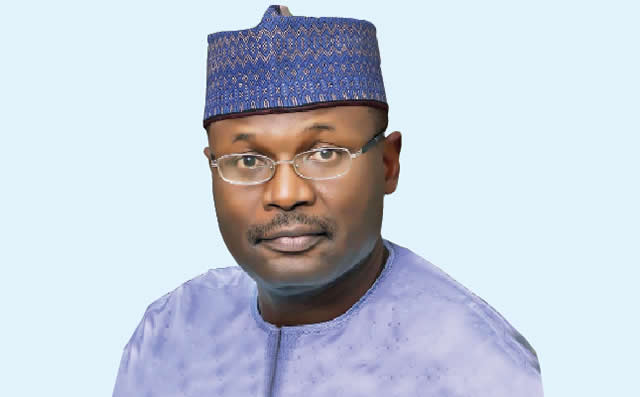
The event has been scheduled to be held at 2pm (1pm GMT).
According to a statement by Chatham House, the electoral umpire boss will speak on preparations and priorities for ensuring electoral integrity and inclusivity as well as key challenges and plans for the conduct of the elections, including election security and the use of new technological systems
The statement read, “Nigeria is scheduled to hold presidential and national assembly elections on 25 February as well as governorship and other subnational elections on 11 March.
“The elections end President Muhammadu Buhari’s two terms in office since his election in 2015 and mark the first time he is not a candidate in a presidential election in 20 years – an important marker in Nigeria’s trajectory of democratic consolidation.
“Nigeria’s Electoral Act, enacted in February 2022, has contributed to improved hope around the election process, reflected in the addition of 12.29 million new voters, 9.51 million of which were then validated, in Nigeria’s voter registration exercise, bringing the total number of registered voters to more than 93 million.
“Nigeria stands at a critical juncture, having suffered from two recessions in the past six years, unprecedented levels of physical and food insecurity, persistent fuel scarcity, and high levels of crude oil theft.
“Civic fatigue also remains an important challenge and Buhari’s three main policy pillars of security, economy, and corruption continue to be defining issues for citizens.
“Professor Mahmood Yakubu, chairman of Nigeria’s Independent National Electoral Commission (INEC), discusses preparations and priorities for ensuring electoral integrity and inclusivity.
“He also discusses key challenges and plans for the conduct of the elections, including election security and the use of new technological systems.
“This event is a members and Africa programme event and is part of a series of events and outputs examining Nigeria’s 2023 elections and political developments.
“As with all Chatham House members events, questions from members drive the conversation.”





